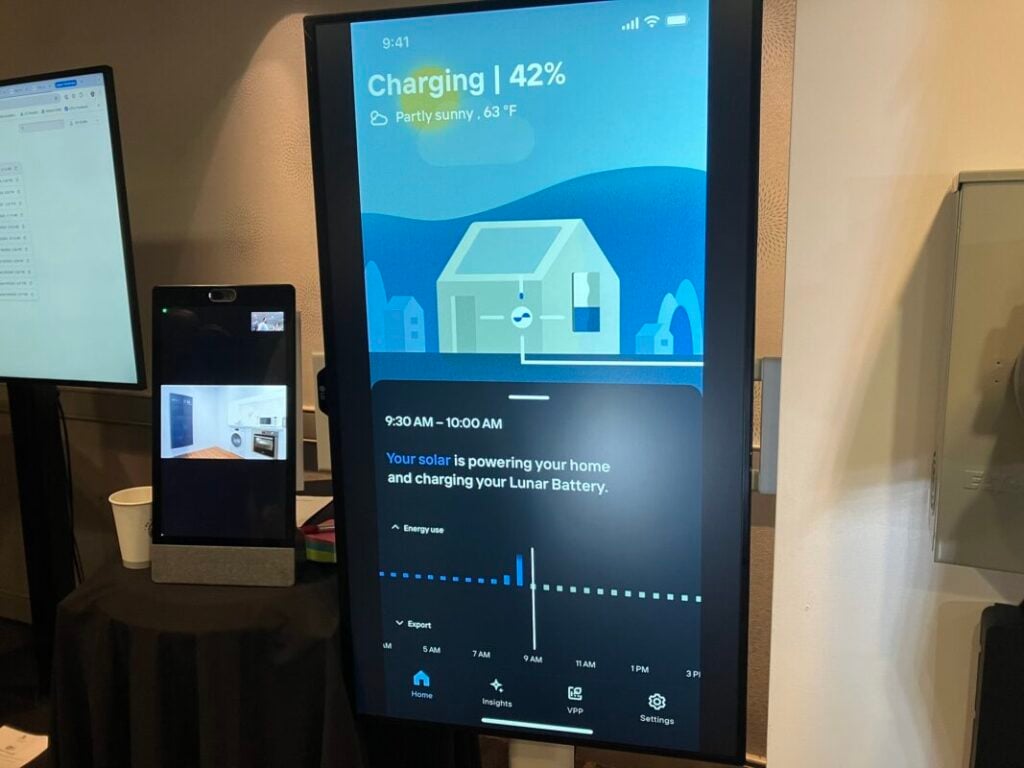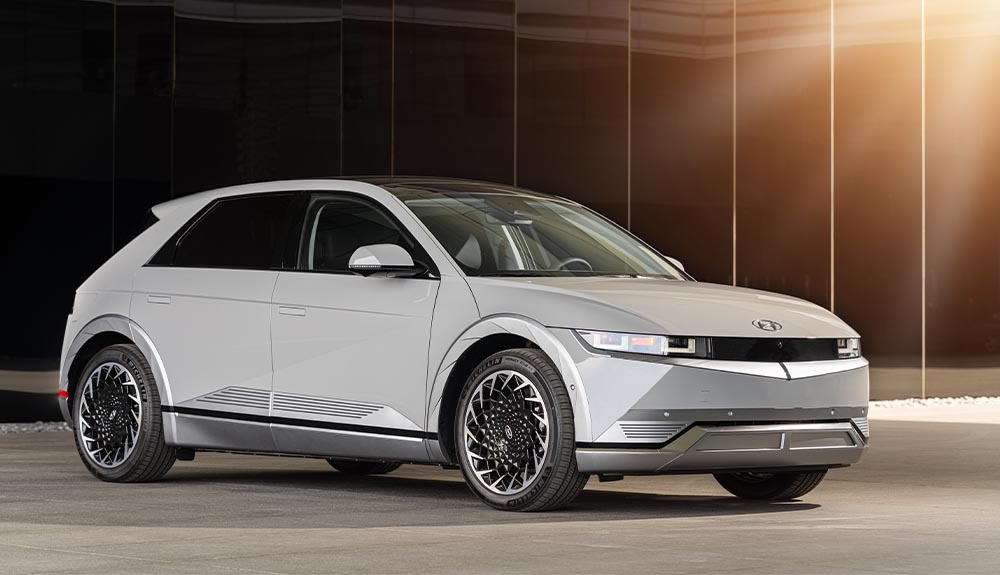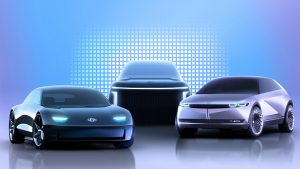As the world shifts towards sustainable energy, electric cars have become increasingly popular. However, many people are still unsure about the cost of charging an electric car. In this article, we will explore the factors that affect the cost of charging an electric car and provide you with a comprehensive understanding of how much it really costs.
Firstly, the cost of charging an electric car depends on the type of charger you use. There are three types of chargers: Level 1, Level 2, and DC fast charging. Level 1 chargers are the slowest and can take up to 20 hours to fully charge a car. Level 2 chargers are faster and can fully charge a car in 4-8 hours. DC fast charging is the fastest and can charge a car up to 80% in just 30 minutes. However, DC fast charging is also the most expensive option.
Secondly, the cost of electricity varies depending on where you live. In the United States, the average cost of electricity is 13 cents per kilowatt-hour (kWh). However, this can vary depending on the state you live in. For example, in Hawaii, the cost of electricity is 33 cents per kWh, while in Louisiana, it is only 9 cents per kWh.
Thirdly, the cost of charging an electric car also depends on the size of the car's battery. The larger the battery, the more it will cost to charge. For example, a Tesla Model S with a 100 kWh battery will cost around $22 to fully charge, while a Nissan Leaf with a 40 kWh battery will cost around $6 to fully charge.
Lastly, the time of day you charge your car can also affect the cost. Some utility companies offer time-of-use rates, which means that electricity is cheaper during off-peak hours. If you charge your car during these hours, you can save money on your bill.
In conclusion, the cost of charging an electric car depends on several factors, including the type of charger, the cost of electricity, the size of the battery, and the time of day you charge. It is important to consider these factors when deciding whether to switch to an electric car. While electric cars may have a higher upfront cost, they can save you money in the long run by reducing your fuel costs and maintenance expenses.










+ There are no comments
Add yours